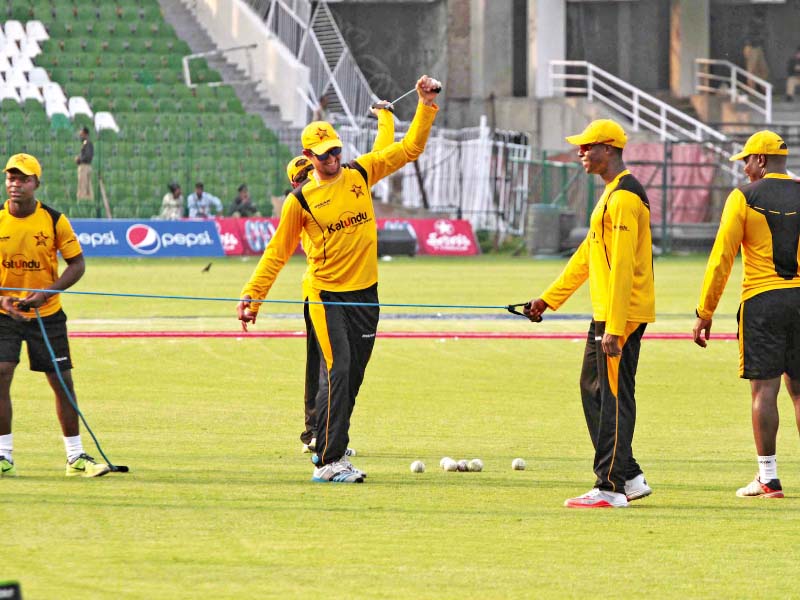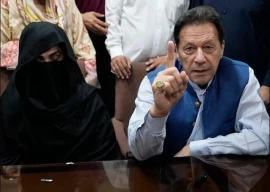
Such words are quite common whenever I head out of town, and I’m pretty sure that many Karachiites experience the same reactions whenever they travel to other cities of Pakistan.
I accept that there are many problems in Karachi, but that does not mean that the people here are not able to lead a routine daily life. Many hotels, parks, cinemas and other places of recreation are thronged by people all week long, and people travel from all over Pakistan to come here and earn a living.
However, the image of this city in the eyes of the general populace is negative, to put it mildly. Moving on to broader perspectives, the same generalisation is reflected on the image of our country. People compare Pakistan to Syria and Afghanistan but is that an accurate assessment of our country?
If we are to undertake a realistic study of Pakistan’s environment, the overall law-and-order situation has undoubtedly improved. However, for the International Cricket Council (ICC) and the Federation of International Cricketers’ Association, we seem to be in a perpetual and literal state of war.
In such circumstances, Zimbabwe’s arrival deserves our wholehearted gratitude.
It may cross many minds that ICC’s discouraging approach may have been a result of an independent security analysis. But interestingly, the governing cricket body sent its expert along with — and not before — Zimbabwe’s security delegation. Both sides’ reports could not have been more contrasting — the ICC representative stuck with their former stance, while the eventual visitors waved a green flag for the then impending tour.
Over a hundred years have passed since the formation of the ICC, but to date only 10 Test-playing teams exist. One can easily gauge the extent of ICC’s commitment for the growth of cricket by this.
Now when Pakistan finally managed to convince a Test-playing nation to come tour Pakistan, the ICC announced their decision against sending their umpires to Pakistan.
I admit that the situation in Pakistan is far from ideal, but then it is not in a state of war either. Overall, there is a lot of improvement and although horrific incidents are still taking place, the scale and frequency of these incidents has arguably declined.
Pakistan has been hosting foreign delegations, with the most recent being the visit of the Chinese President Xi Jinping, and the security arrangements and the incidentless visit is a testament to the claim that Pakistan certainly has the ability to provide security to its guests.
Even the political rallies, where thousands of people gather, have taken place without any unfortunate incident happening which add further weight to the argument that Pakistan certainly has the ability to provide security to its residents.
No city in the world is completely free from crime; had it been so, then Australia and New Zealand would not have spent a record amount on security during the World Cup. The budget of every sporting event allocates a major part of the total amount for security, which indicates that security is at risk everywhere. But life goes on and sports thrive.
Even former Pakistan coach and current Zimbabwe coach, Dav Whatmore, knows that although the country has many problems, its portrayal needs to be worked on by the media. If the security situation was that adverse, he would not have allowed his daughter to visit Lahore. In fact, he himself was quite pivotal in making sure that Zimbabwe tour Pakistan.
Regardless of what has happened in the build-up to this historic series, the spirit and support shown by the Zimbabwe side is commendable and appreciation must be extended towards the African side for living up to its commitment and ensuring that a six-year international cricket drought ends in the country. Thank you Zimbabwe.
This article was translated by Arshad Shaheen.
Published in The Express Tribune, May 22nd, 2015.
Like Sports on Facebook, follow @ETribuneSports on Twitter to stay informed and join in the conversation.






1732643921-0/4548774-1403918848-(1)1732643921-0-270x192.webp)










COMMENTS
Comments are moderated and generally will be posted if they are on-topic and not abusive.
For more information, please see our Comments FAQ